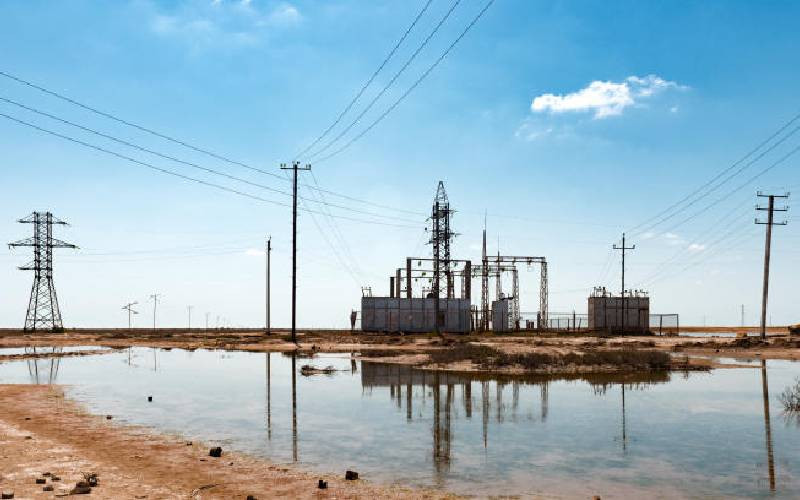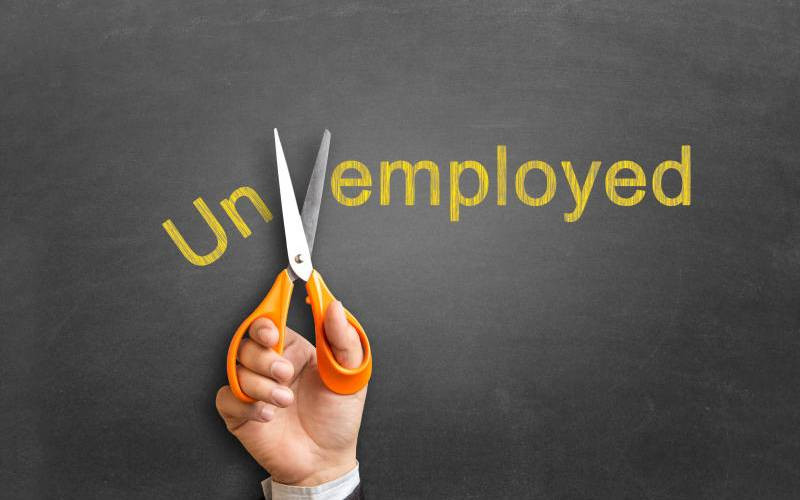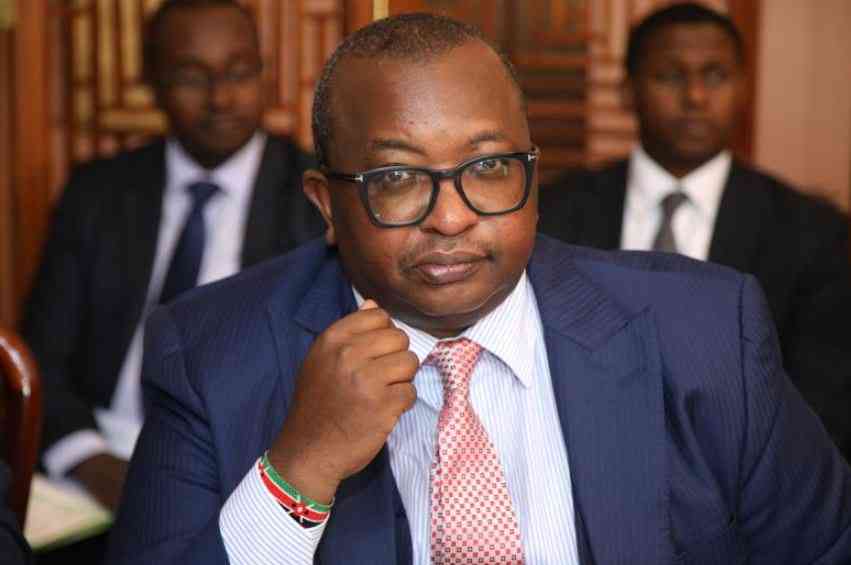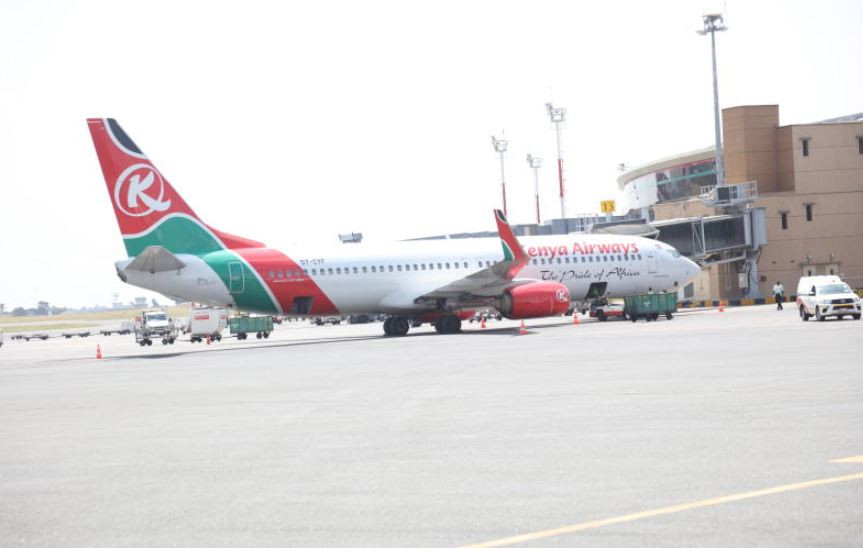×
The Standard e-Paper
Join Thousands of Readers
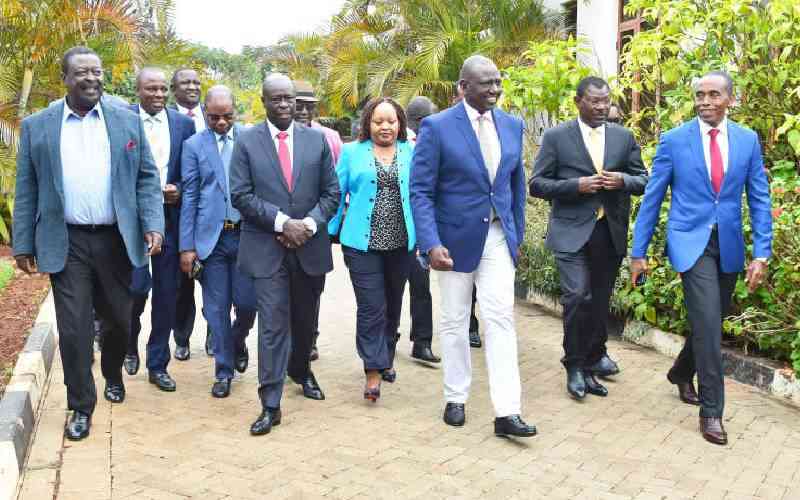
Many State-owned enterprises (SOEs) that have relied on government support will have to start pulling their own weight in the Kenya Kwanza administration.
In its plan for the economy, the coalition expressly notes that some of the government-run companies that have perennially sought State support out of sticky financial situations will no longer be bailed out.
